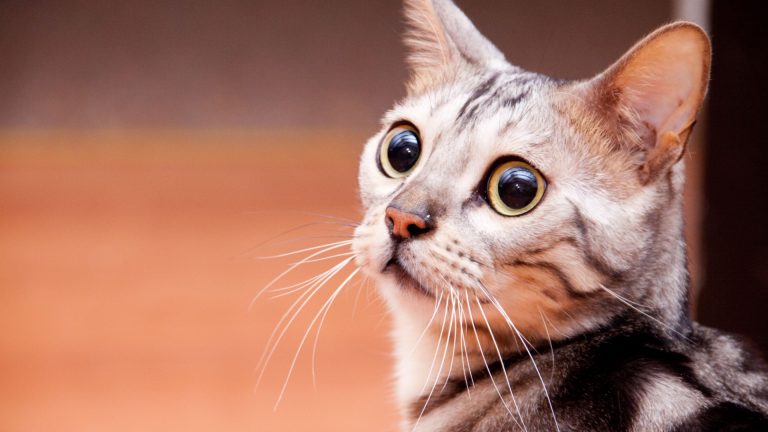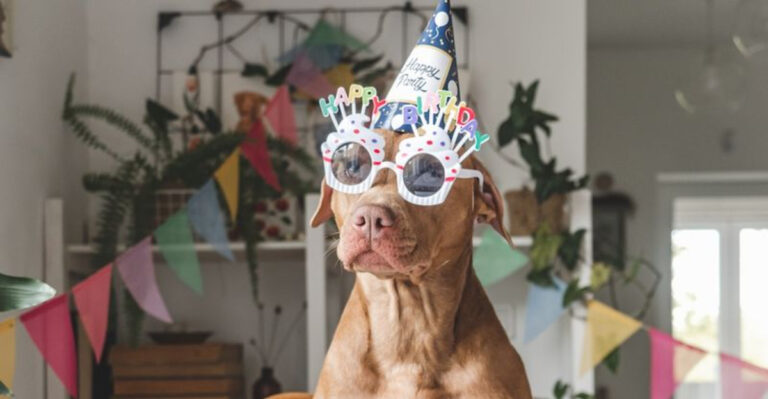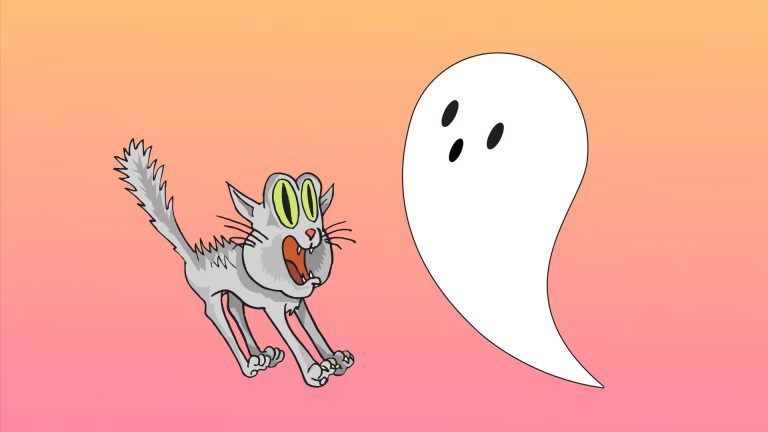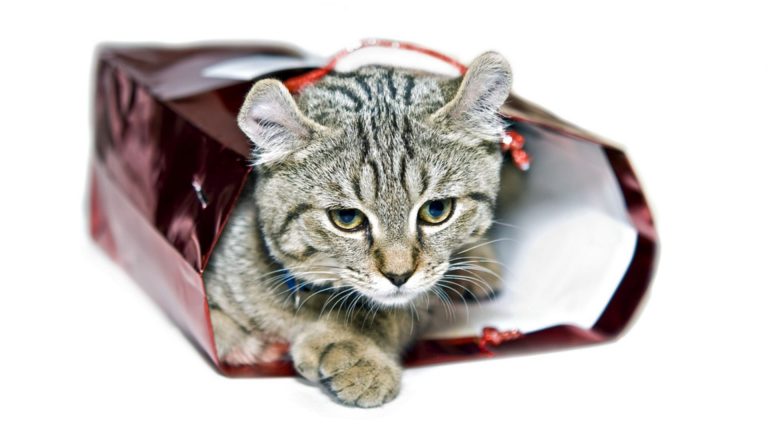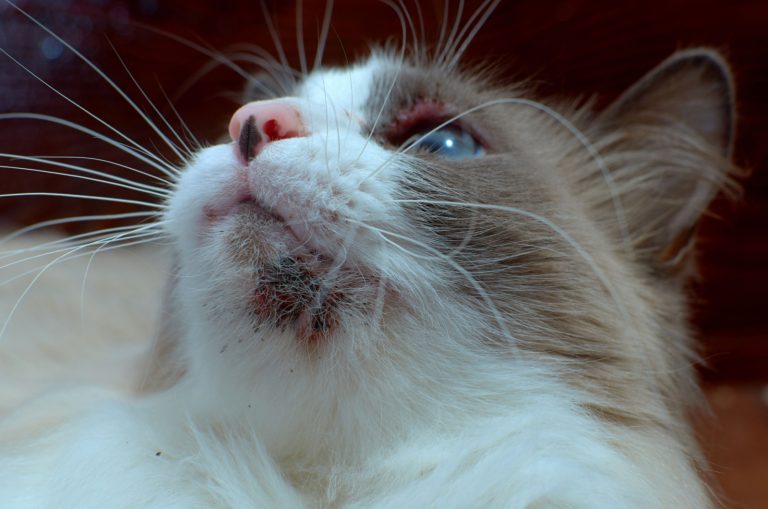9 Essential Tips To Help Comfort Your Depressed Cat
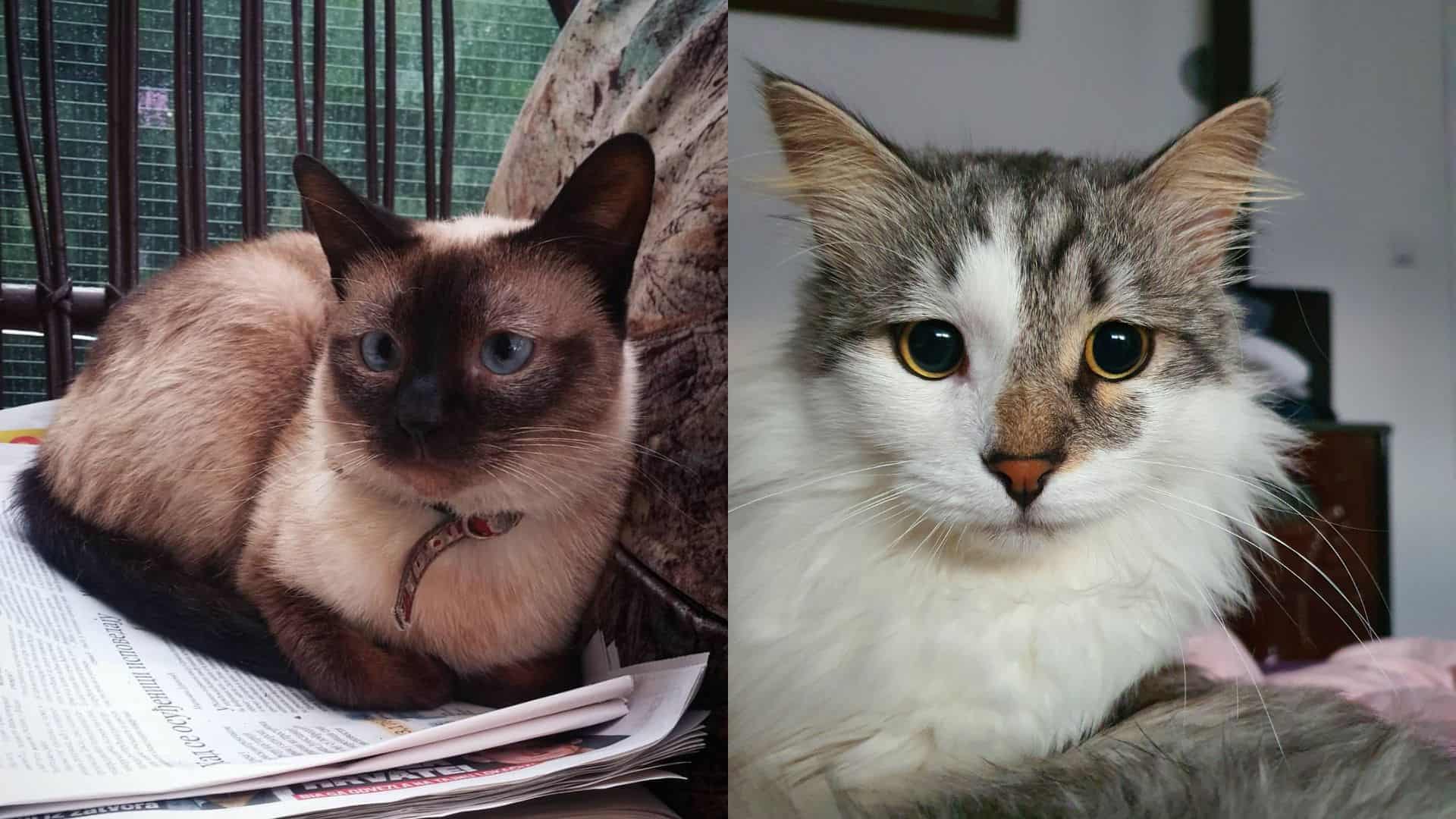
Cats are not exempt from experiencing depression, although their manifestation of it differs from ours. What adds to the confusion is that the symptoms associated with feline depression can also indicate other underlying health issues.
That’s why it’s important to delve into the topic of cats and depression.
Here Are 9 Things Every Cat Owner Should Know
1. Identifying Depression Can Be Challenging
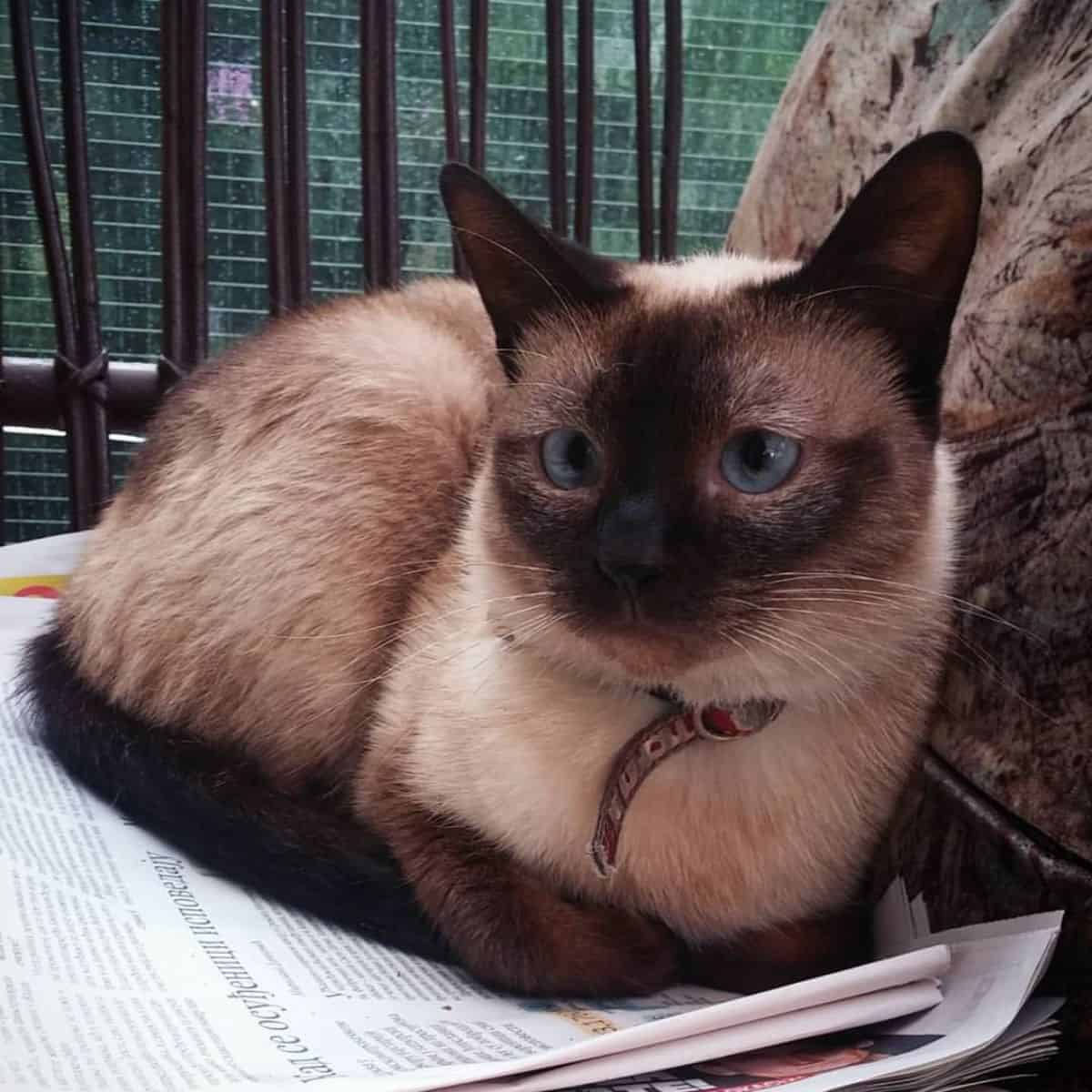
We can never know exactly what our cats are feeling, but we can do our best to help them feel happy and content. Since cats can’t directly communicate their needs or discomfort to us, they behave in different ways in order to show us.
Recognizing these signs of depression and understanding how to help them return to their normal selves is crucial.
2. Common Signs Of Feline Depression
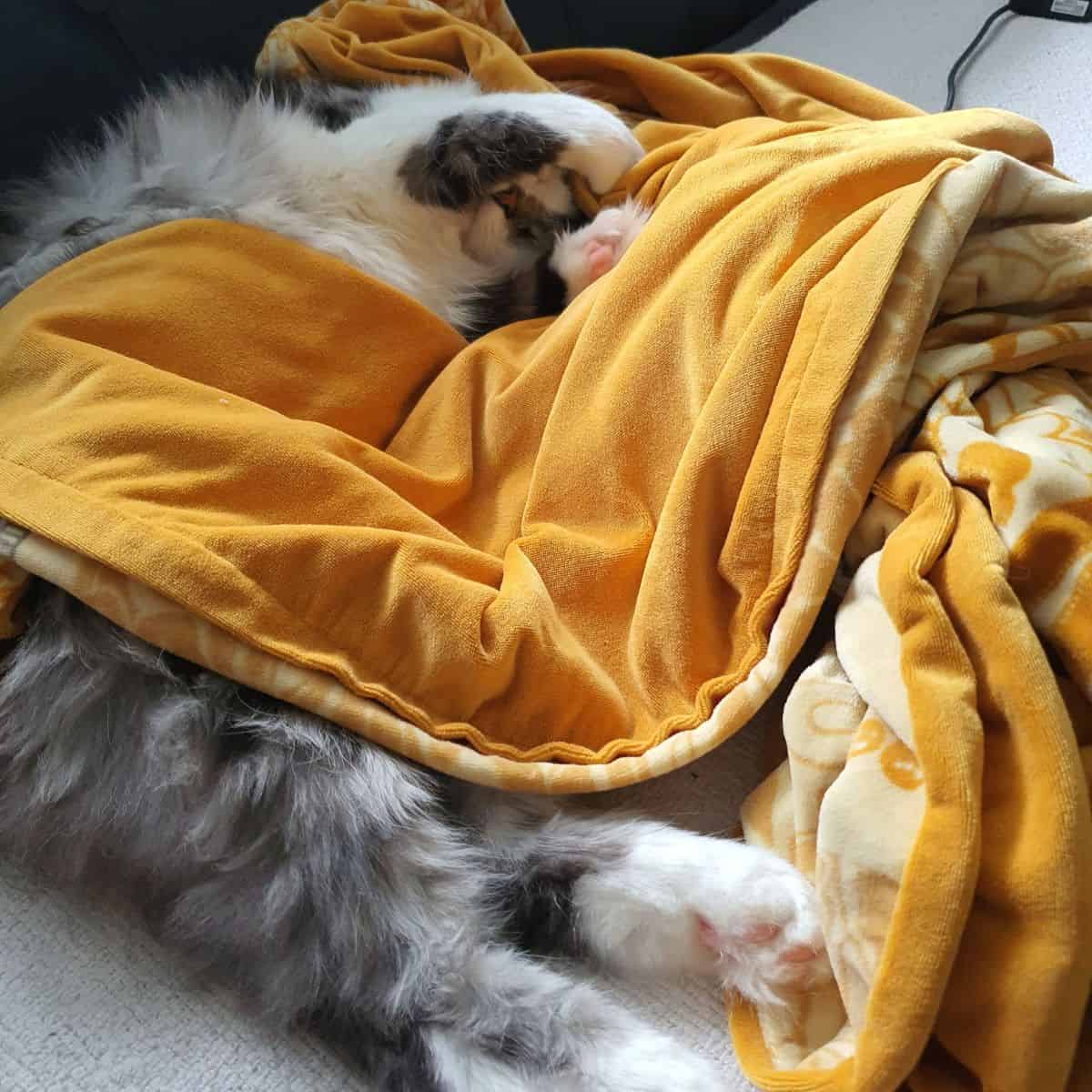
• Weight loss
• Loss of appetite
• Excessive hiding
• Lack of interest in physical contact (with humans or other pets)
• Sleeping more than before
• No interest in grooming
If you notice any of these signs or have concerns about your cat’s well-being, contacting a veterinarian is imperative. Depression can lead to serious complications that necessitate professional care.
3. Common Causes Of Depression
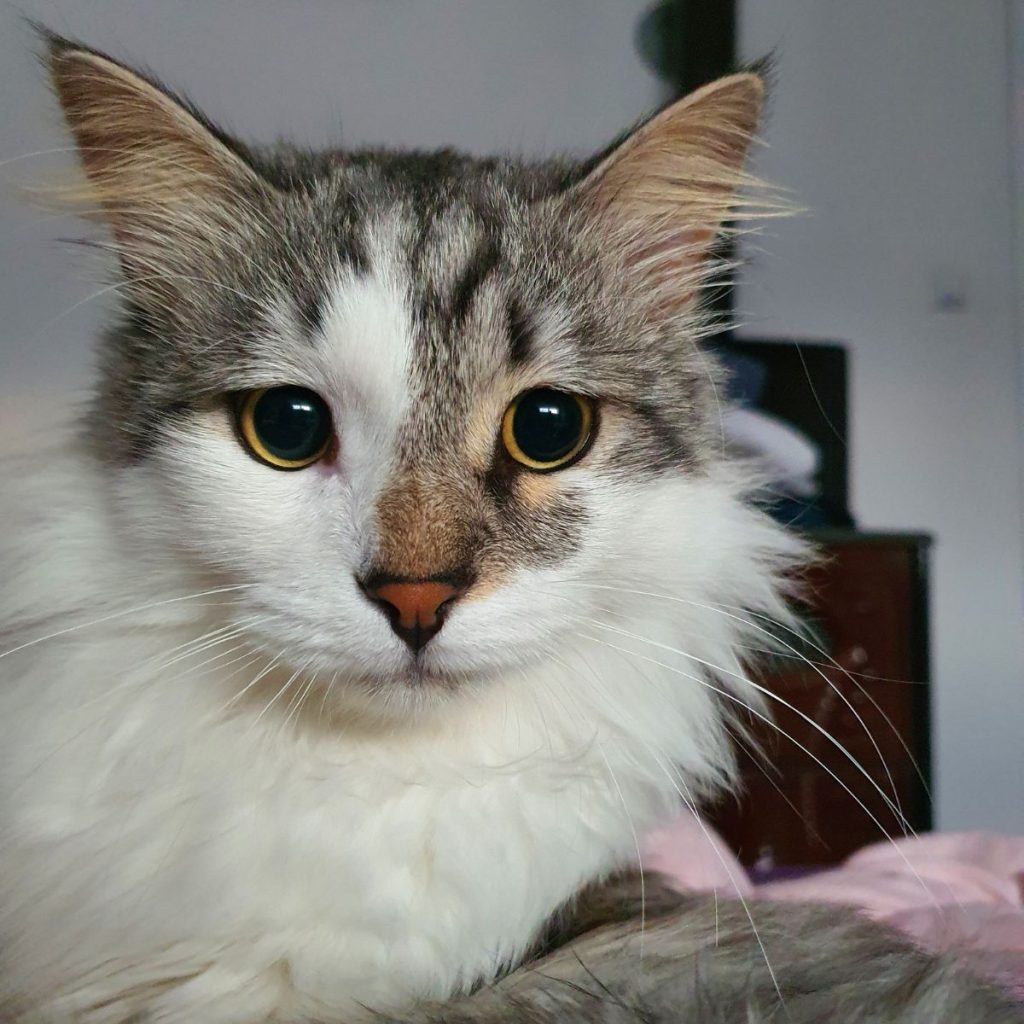
Similar to humans, cats can experience depression triggered by environmental or lifestyle changes. Even seemingly minor alterations in the home environment can have a significant impact on your feline companion. Examples include:
• Moving to a new place
• Adjusting to a new person moving in
• Having guests
• Introducing a new pet
• Changes in your work schedule
• Major changes in your life (e.g. divorce, illness)
• A traumatic experience (e.g. accidents or attacks by other animals)
4. Best Way To Help Your Feline Friend
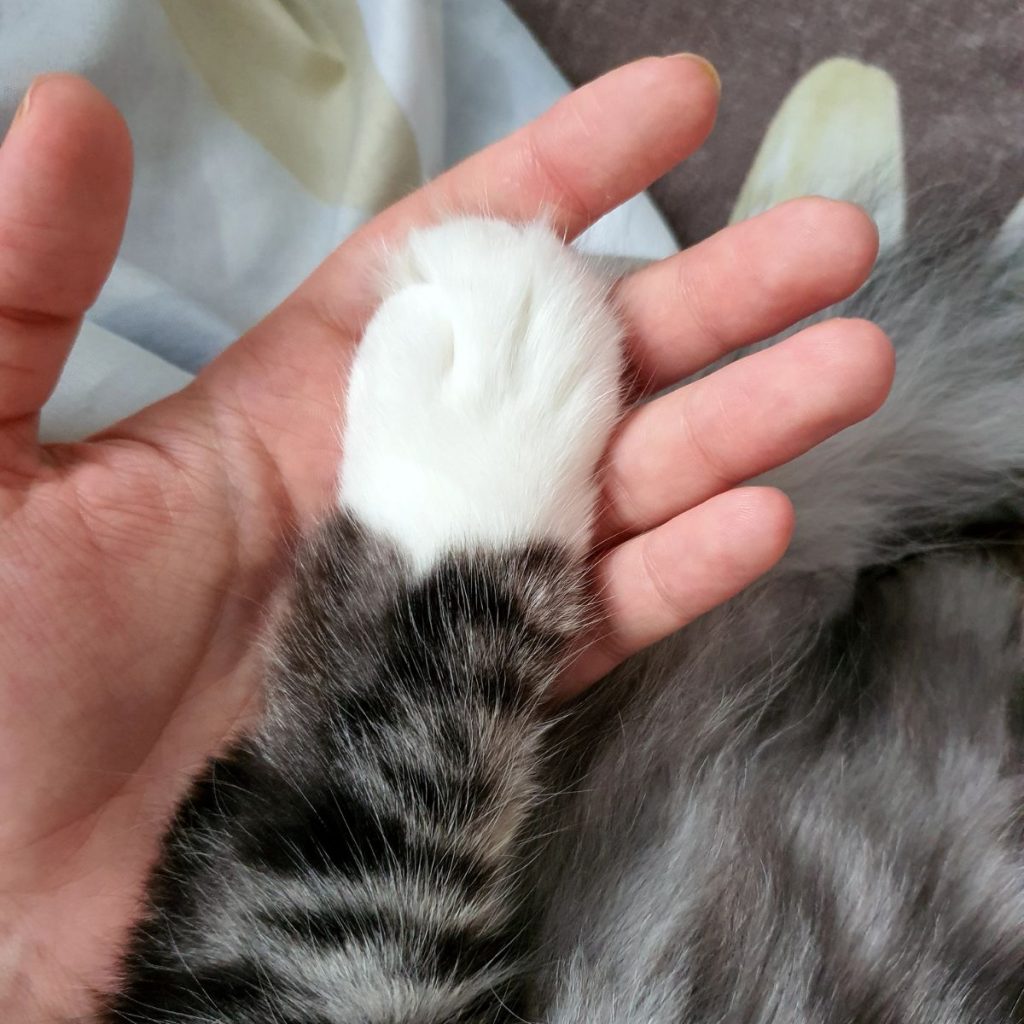
Consulting with a veterinarian is the first step in addressing your concerns. Additionally, implementing certain behavioral changes may prove beneficial, such as:
• You can try relaxing music, try classical music, piano, or jazz, and see what your cat reacts best to.
• Give your cat extra cuddle time.
• Extra playtime is always welcome, same as some new toys. Puzzle games, hide and seek, all types of games that keep your cat’s mind occupied and help them connect with their natural hunting instincts.
• Always keep a feeding routine, scheduled meal time, and consistency!
• Add some special yummy treats to their usual diet plan. (In agreement with the vet.)
• Creating a cat-friendly environment, such as installing a catio or providing various platforms and cardboard boxes for exploration and hiding.
• Try some form of obedience training. Some cats enjoy learning new skills, especially when it’s combined with yummy treats, and it means extra time spent with you.
Patience is key throughout this process, and seeking guidance from a veterinarian or a cat behaviorist can help address the root cause of the problem.
5. Distinguishing Between Depression And Anxiety
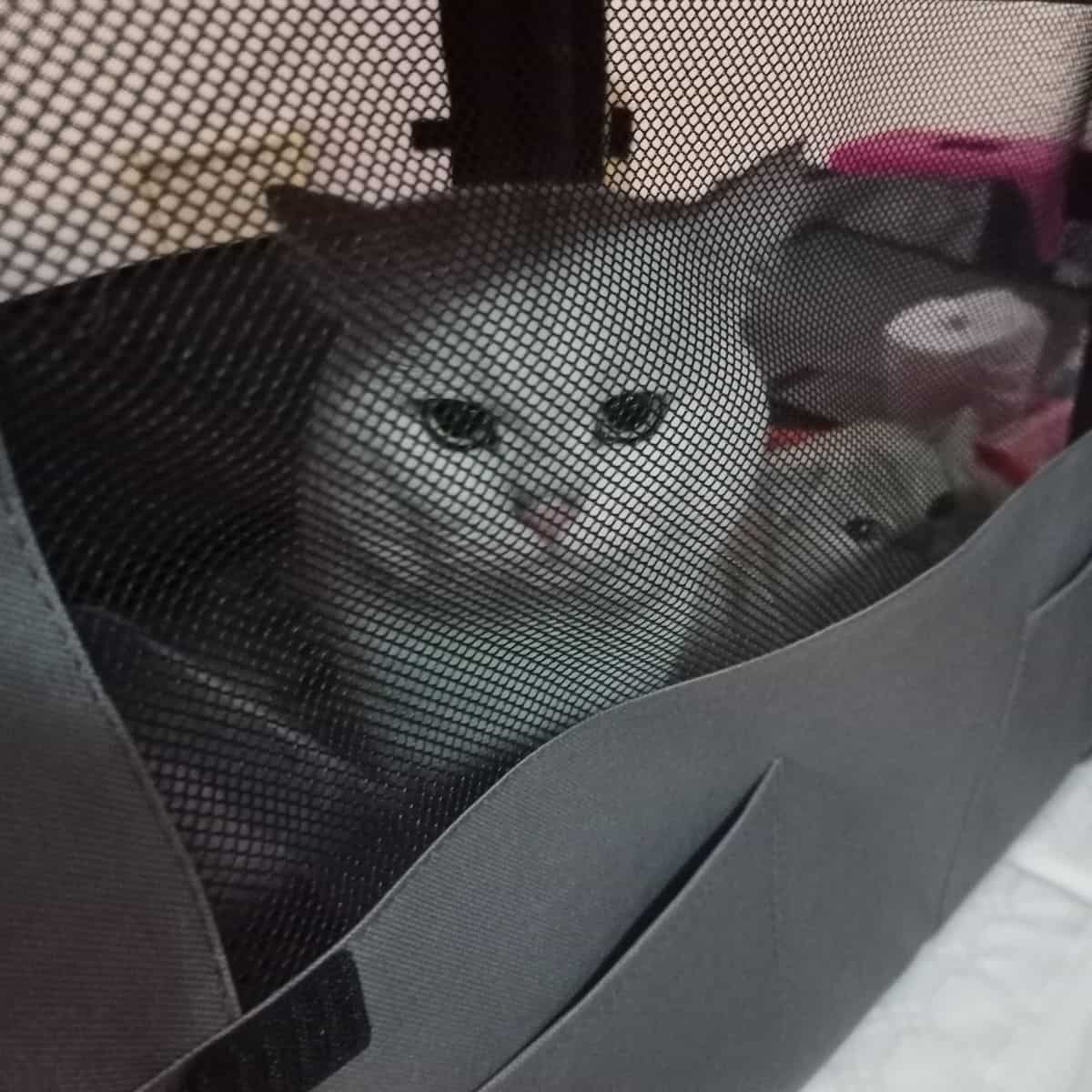
Anxiety in cats can seem the same as depression, and some anxiety treatments might even be similar to those for depression. But, there are some differences you should be aware of.
Anxiety-related signs may include peeing or pooping around the house, excessive grooming/meowing/licking, and so on.
6. Recognizing The Role Of Cat Therapists
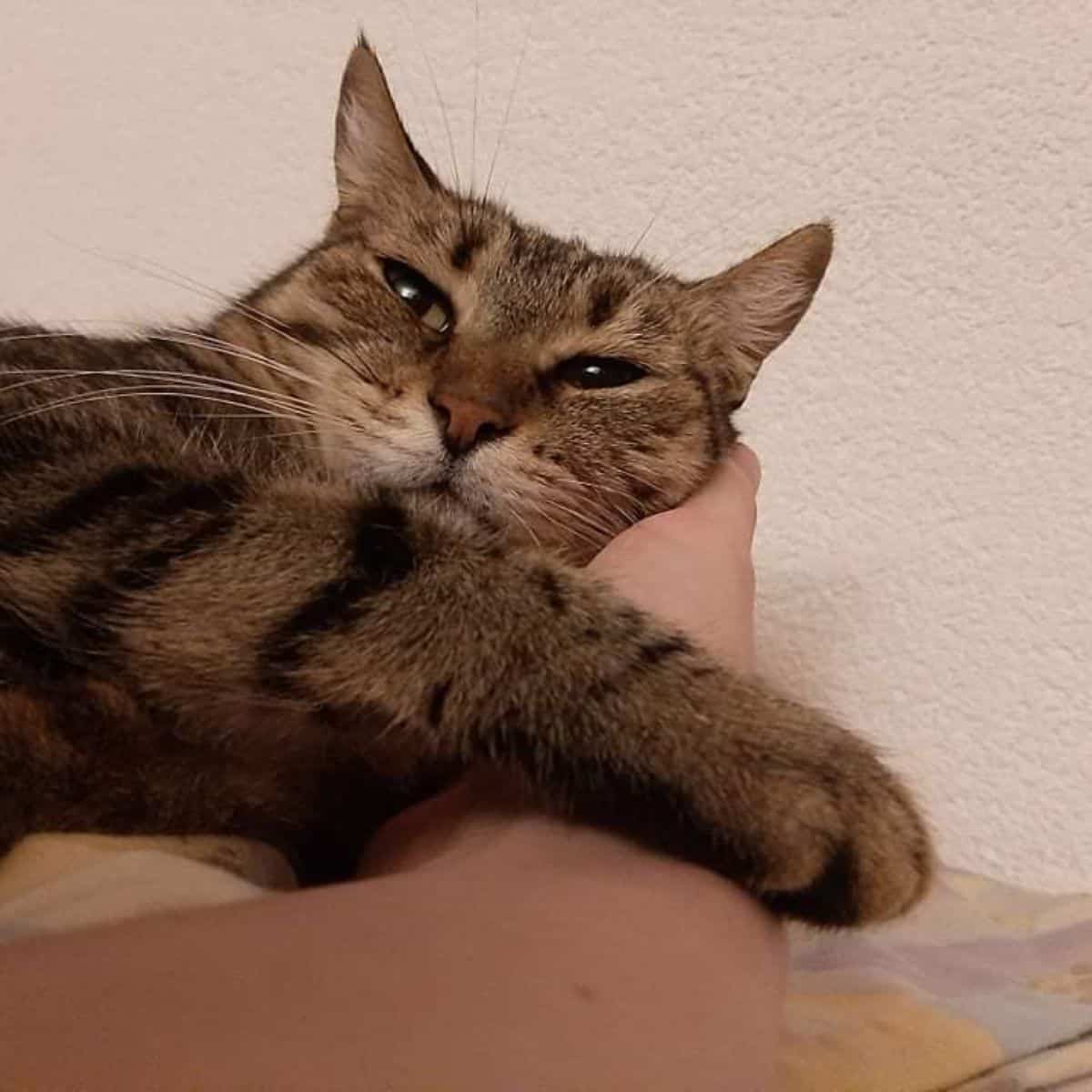
While many cat owners may be unaware, cat therapy and therapists do exist. Before taking any action, it is advisable to consult your veterinarian about your cat’s situation.
They can provide recommendations for cat therapists if necessary, making it more reliable than relying on online searches.
7. Depression Can Cause Compulsive Cat Behavior
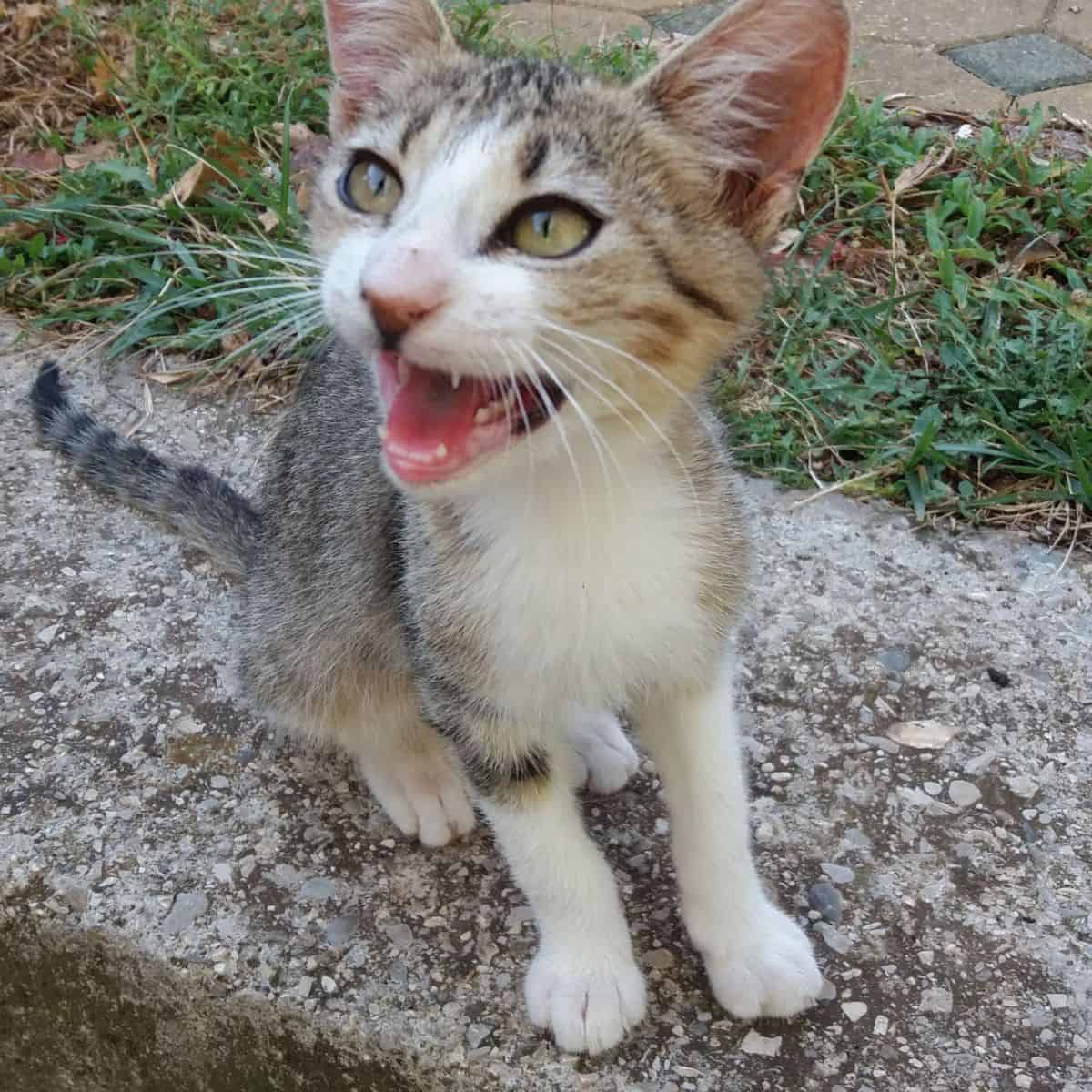
Compulsive behavior can happen for many reasons, one of which is depression. But the cause for this type of behavior can also be boredom, fear, or anxiety, and your cat can exhibit it in several ways:
• Turning in circles
• Pacing back and forth
• Excessive grooming
• Chewing on their fur, paws, or tail
• Excessive meowing or vocalization
If you notice any of these signs, the first thing you need to do is talk to your vet. Then together, you’ll find the best solution for your cat’s situation.
8. It Can Also Lead To Severe Health Issues
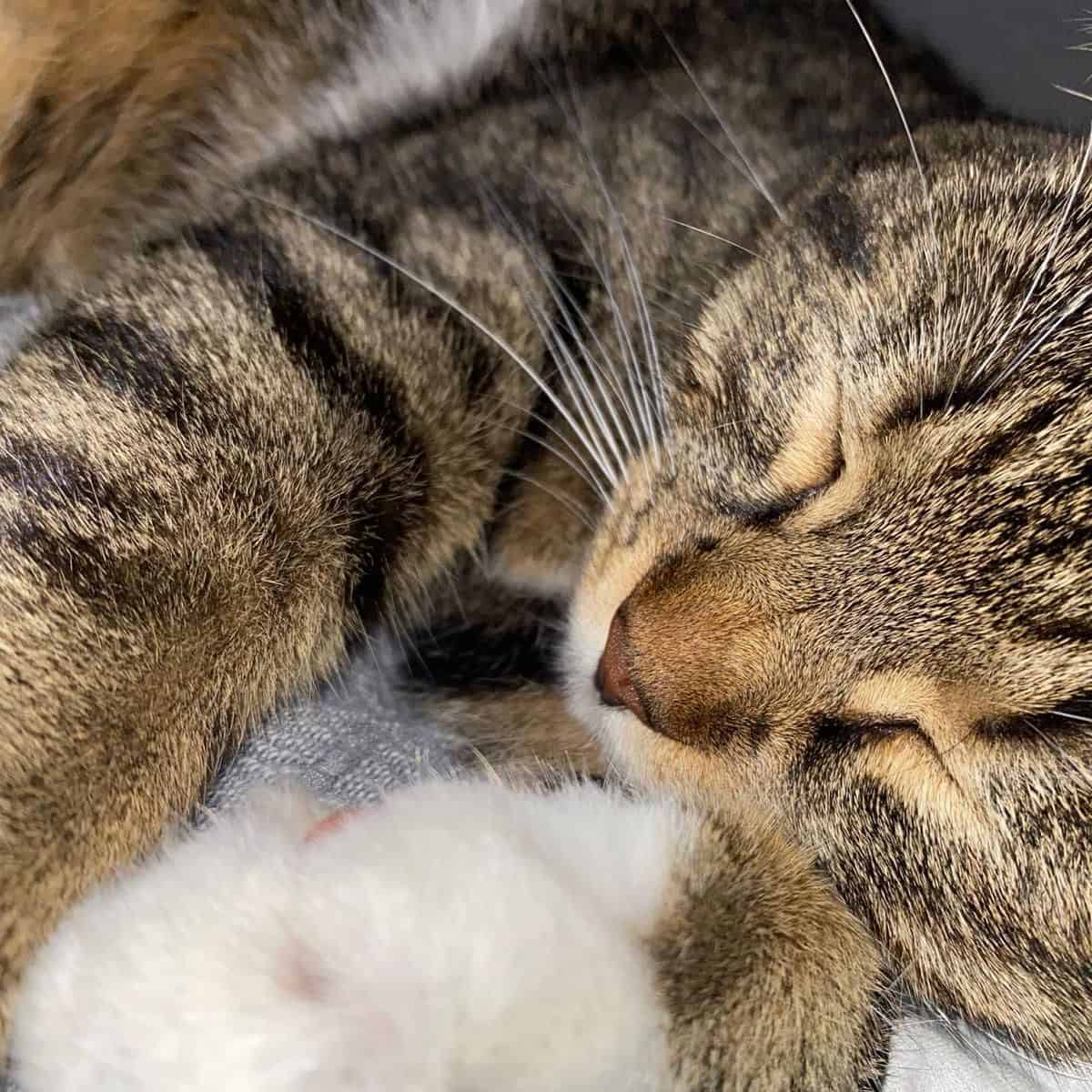
Depression isn’t likely to directly cause severe illnesses or fatal outcomes in cats, but it can have a profound impact on their overall health.
Some of the ways in which depression starts and manifests, can lead to serious health problems, such as rapid weight loss or dehydration. If your cat refuses to drink or eat, it’s crucial to contact your vet immediately.
9. Indoor/Outdoor, It’s All The Same
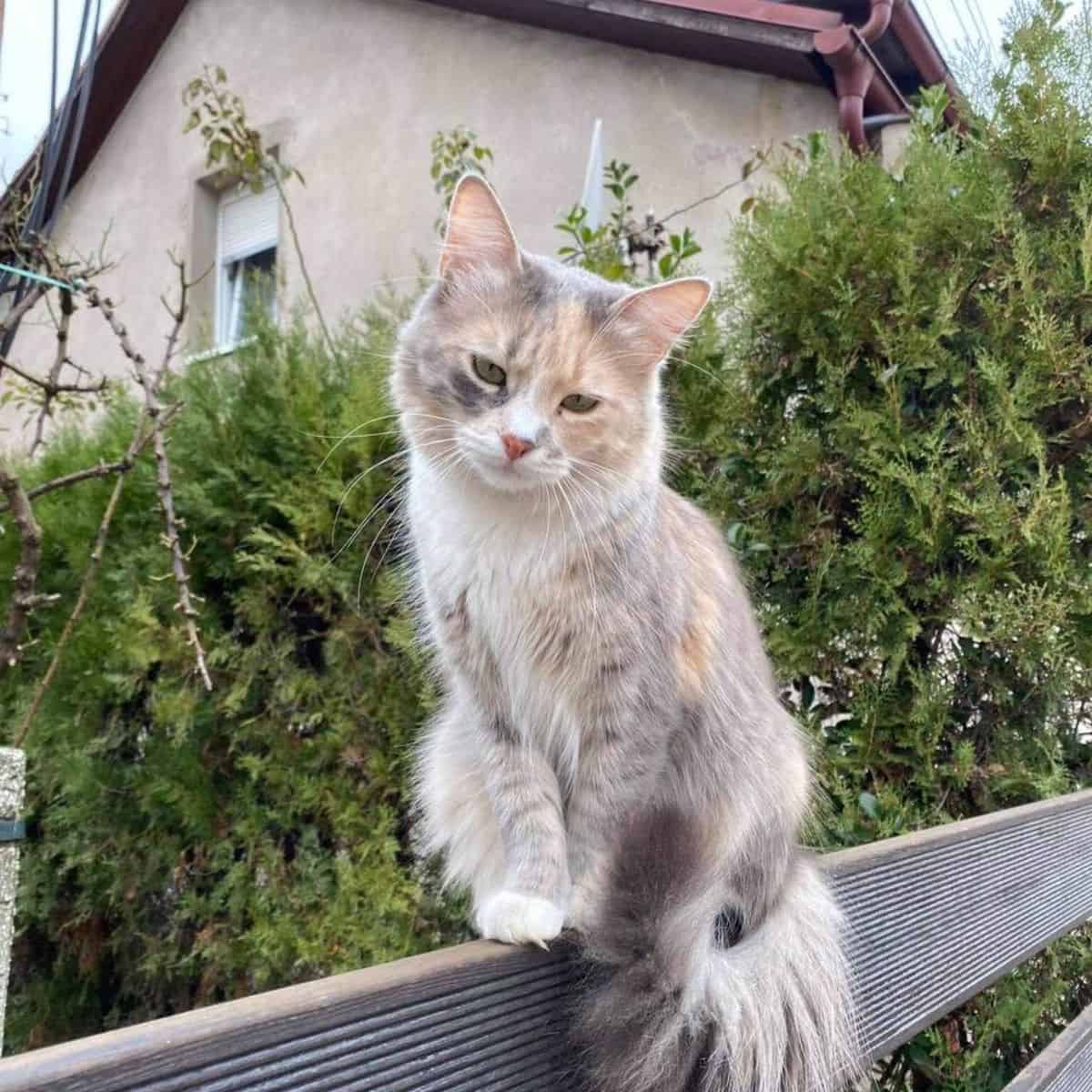
Contrary to popular belief, both indoor-only and outdoor cats can experience depression. While some argue that indoor cats are more susceptible, there is no conclusive evidence to support this claim.
Understanding this aspect can help you recognize and address potential depression in your cat. By proactively preparing your cat for changes and providing a supportive environment, you can reduce the likelihood of depression occurring.
If you observe any signs that may indicate depression, don’t hesitate to consult your veterinarian. It’s always better to err on the side of caution when it comes to your cat’s well-being.
I hope this article has shed some light on feline depression for you. By taking proactive measures and staying observant of any signs, you can help ensure the mental and emotional well-being of your beloved feline companion. For more information on cat behavior, health, and care, be sure to follow us on Facebook.

